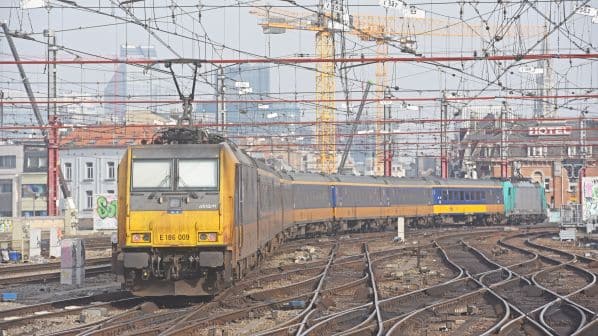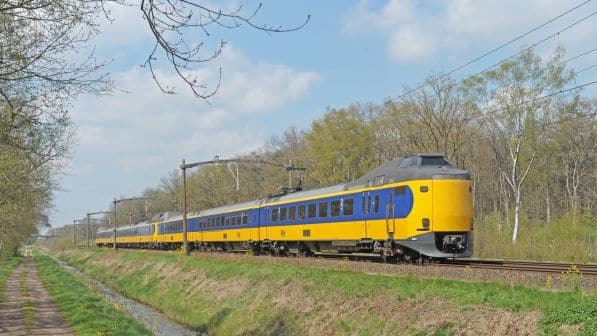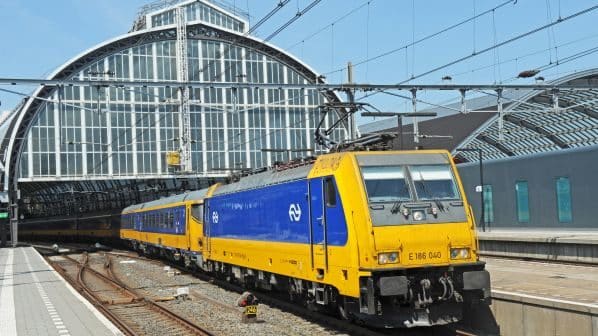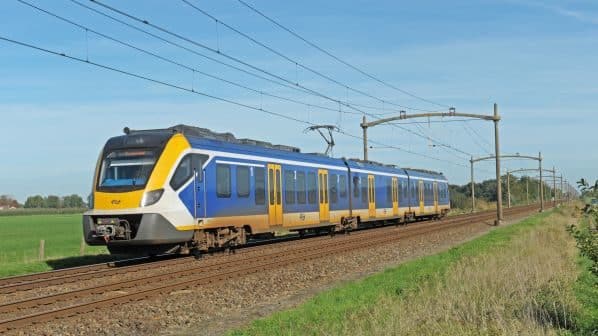THE European Commission (EC) has started infringement proceedings against the Netherlands for breaching European Union (EU) law by seeking to directly award the next Main Line Network (HRN) concession to incumbent Netherlands Railways (NS) without competitive tendering.
The new HRN concession would start on January 1 2025 and run for 10 years, covering 95% of total rail passenger-km in the Netherlands and including all inter-city and some cross-border services.
The EC says that directly awarding the concession as the Dutch government intends is unlawful and violates the provisions of EU Regulation 1370/2007 EC on public passenger transport services by rail.
Infringement proceedings started after the EC issued a formal letter of notice. The Dutch government has two months to reply, and depending on its response, the EC might then take the Netherlands to the European Court of Justice over its alleged breach of EU law.
Enforcement might be accompanied by high penalties for each day that the Netherlands as a member state persists in violating EU legislation.
The EC says that with effect from December 24 this year, Regulation 1370/2007 EC requires PSO contracts for rail services to be competitively tendered, and that deviation from this principle can only take place in specific circumstances and under strict conditions as precisely defined by the regulation.
In planning to directly award the next HLN concession before December 24, the Dutch government claims that the current provisions will apply, but the EC does not share this opinion.
“The long period between the date of award, December 24 2023 at the latest, and when services will start after January 1 2025, is without objective justification,” the EC says.
“In this context, the Commission considers that the decision to directly award this contract now constitutes a circumvention of the principle of competitive award.”
Ms Vivianne Heijnen, secretary of state at the Ministry for Infrastructure responsible for rail, disagrees with the EC’s position and has stressed that the Dutch government had decided in 2020 to directly award the next HLN concession to NS. She considers the case to be a matter of differing interpretations of the regulatory framework.
It is not clear how future developments may be affected by the fact that the Dutch government is now acting in a caretaker capacity. This follows the resignation earlier this month of prime minister, Mr Mark Rutte, over what he described as “irreconcilable” policy differences between the four parties that make up the coalition administration.
The EC has been following the award of the HLN concession for some time, warning the Dutch government in July 2022 that it risked committing a serious breach of EU law by not going out to tender.
In a letter to Heijnen, European commissioner for transport, Ms Adina Vălean, said: “there is no apparent reason why a direct award decision should be taken more than 12 months ahead of the start of operations, considering that the incumbent can switch seamlessly from the old to the new contract, which is of comparable scope.”
The planned direct award is also opposed by new entrants to the Dutch passenger market, such as Arriva Nederland, Connexxion, QBuzz and Keolis. As members of the Netherlands Federation of Mobility Companies (FMN), they have taken legal action several times to prevent the direct award, but so far without success.




